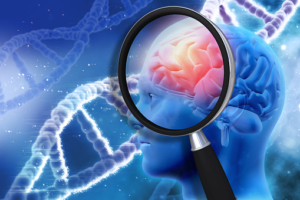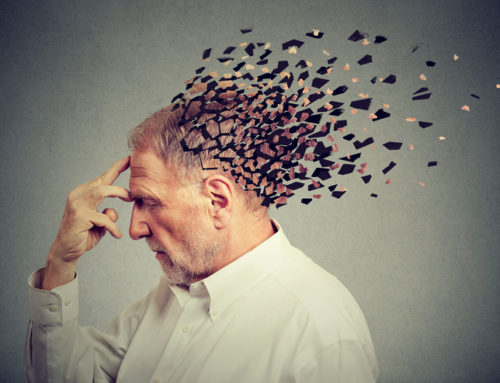September 2016 marked the fifth anniversary of global World Alzheimer’s Month. World Alzheimer’s Month is an international campaign that began in 2012, founded by the Alzheimer’s Disease International. The purpose of this month is to raise awareness about the disease and diminish the stigma associated with dementia. People all over the world: leaders, organizations, those with dementia, caregivers, families, medical personnel, researchers, and media join together during this month to shed light on Alzheimer’s through various events and activities.
What is Alzheimer’s
Alzheimer’s Association defines Alzheimer’s as “a type of dementia that causes problems with memory, thinking, and behavior”. It is not a part of the normal process of aging, but is a slow progression that usually starts with mild memory loss and cognitive function issues and progresses to a severity that hinders the person from performing activities of daily living.
Signs and Symptoms of Alzheimer’s
The ten most common early signs and symptoms given by the Alzheimer’s Association are listed below.
- The most common sign is memory loss, especially short term memory loss. Forgetting names or appointments from time to time is not cause for alarm; however, forgetting important dates or events may be
- Changes in the ability to plan and problem solve: the inability to do things such as following a recipe or keeping track of monthly bills or taking longer than normal to do these things
- Completing familiar tasks is now difficult. Tasks such as driving to a location that they have frequently driven to in the past or not remembering how to play a favorite game
- Confusion about time, dates, and seasons
- Vision problems related to reading difficulty, judgment of distance, and color/contrast
- Trouble keeping up with a conversation: getting lost in conversation, problems choosing the right words, and/or calling things by the wrong words
- Placing items in strange places, such as a watch in the fridge or losing things and not being able to retrace their steps to find them
- Changes in judgment and decision making: unable to properly manage money or failure to groom themselves and perform personal hygiene
- Becoming withdrawn; no longer participating in hobbies and social activities they once enjoyed
- Personality changes: depression, anxiousness, fearfulness, suspiciousness, becoming easily upset
While there is currently no cure for Alzheimer’s there have been significant advances in prevention of it, earlier diagnosis, and drug treatment. Research studies have been funded to explore the influence of exercise, diet, social activity, and mental stimulation as means of prevention. Potential biomarkers are being studied to aid in early detection of the presence of this disease. There are currently five FDA approved drugs to treat the symptoms of Alzheimer’s. Researchers are on a quest to develop a drug that will stop, slow, or prevent the disease.
We can aid in the fight against Alzheimer’s by helping to shine a light on awareness of this condition. World Alzheimer’s Month is a good time to do this, so find an activity or event in your area to participate in and join the fight.
Copyright 2016 The Wright Stuff, Inc. Article may only be redistributed in its unedited form. Written permission from the Wright Stuff, Inc. must be obtained to reprint or cite the information contained within this article.





